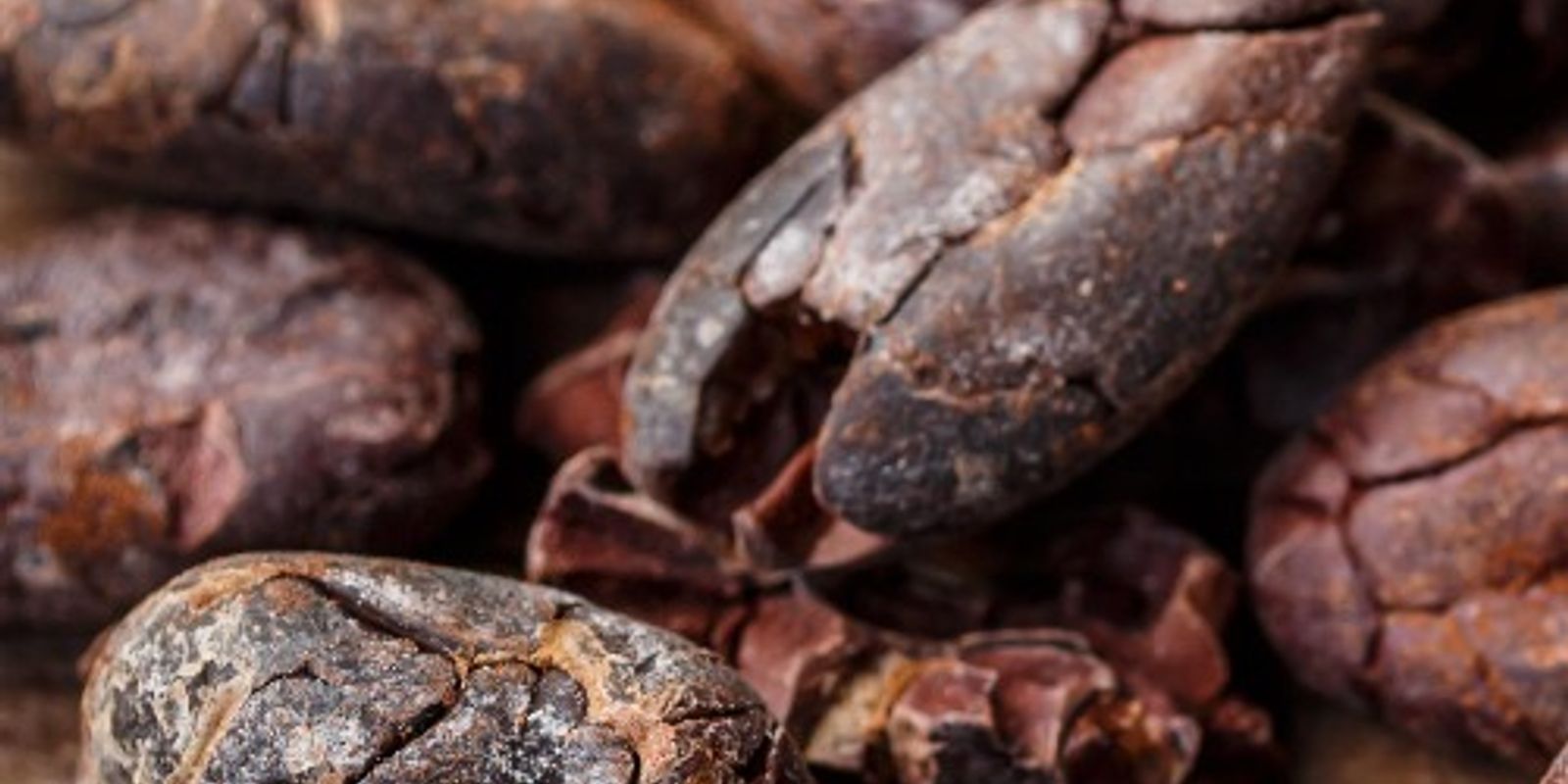Russia to directly import Cocoa beans from Nigeria, Says Russian delegate

Russia to directly import Cocoa beans from Nigeria, Says Russian delegate
Russia has announced plans to directly import cocoa beans from Nigeria, marking a strategic shift in its sourcing strategy. According to Maxime Petrov, Russia’s trade delegate in Nigeria, the first container of Nigerian cocoa beans is set to be shipped in the near future.
Currently, Russia sources some of its cocoa beans from countries it has labeled as hostile. Petrov explained that diversifying imports by sourcing from Nigeria will reduce reliance on these countries and stabilize supply chains.
“This initiative will help us diversify our sources and ensure a steady supply of cocoa beans,” he told Russian media.
The burgeoning partnership between Russia and Nigeria extends beyond cocoa.
The two nations are also collaborating on a project to build a flour mill in Nigeria. This venture is expected to boost Russian grain sales and strengthen Russia’s foothold in the African market.
Petrov highlighted the mutual benefits of this project, stating, “The construction of the flour mill will not only increase Russian grain sales but also support the Nigerian agricultural sector.”
Nigeria ranks as the fourth-largest cocoa producer globally, with an annual output nearing 300,000 tonnes. The country’s cocoa industry is experiencing a surge in production as farmers respond to record-high prices.
This boom presents an opportune moment for Nigeria to expand its export markets, with Russia becoming a key partner in this endeavor.
The new trade agreements underscore Russia’s intent to deepen economic ties with African nations.
By importing cocoa beans directly from Nigeria, Russia aims to diversify its import base and support the agricultural economies of its trading partners.
For Nigeria, this partnership offers a promising avenue to increase export revenues and stimulate its agricultural sector.
As global cocoa prices reach unprecedented levels, this collaboration comes at a crucial time.
Nigerian farmers are ramping up production to capitalize on the favorable market conditions.
The direct trade route established with Russia is expected to provide Nigerian cocoa producers with a stable and lucrative market, ensuring sustainable growth for the sector.
In conclusion, the direct import of cocoa beans from Nigeria to Russia marks a significant step in strengthening bilateral trade relations.
The initiative reflects a strategic move by both countries to leverage each other’s strengths and foster economic cooperation in the agricultural sector.
About The Author
dailymailafric
I am an avid African news observer, and an active member of Daily Mail Africa.
I’m Passionate about staying informed on diverse topics across the continent,
I actively contribute to publishing on political, economic and cultural developments in Africa.



